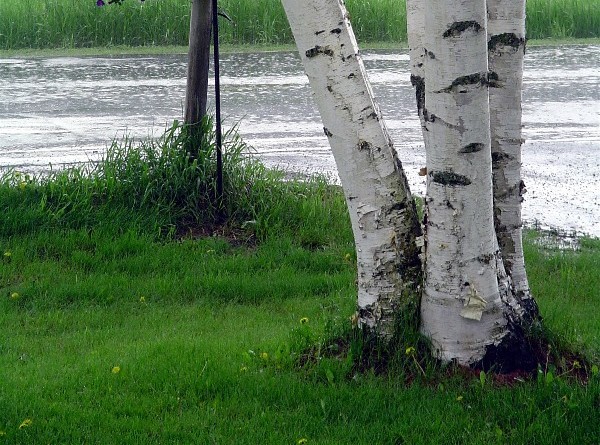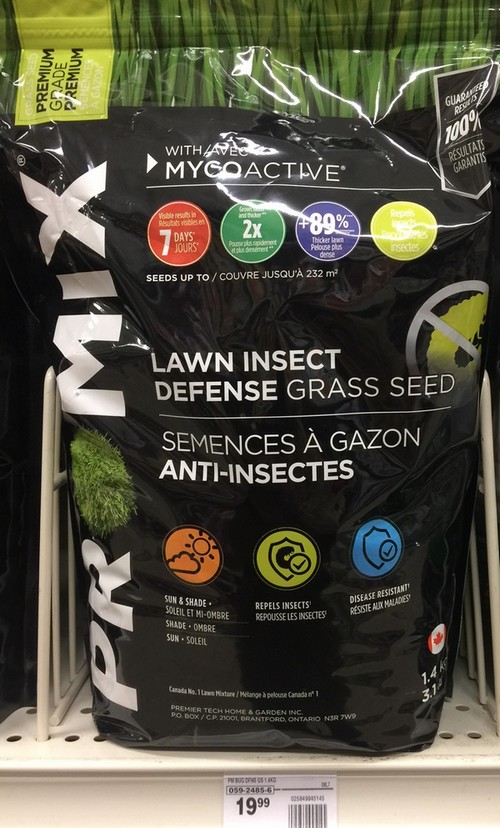Can a Rainy Spring Affect Your Lawn? written by: gikundantiphas and Gerry
How a rainy spring can affect your lawn
Lawns play a significant part in improving the attractiveness of your homestead. In order for grass to grow, it requires water. The water source can either be rainfall or irrigation water through sprinklers. Rainfall is essential in providing an attractive green lawn. However, when there is excess rain water like during a rainy spring season, your lawn will likely grow well but it can also get negatively affected.
There are different lawn problems caused by excess water. A rainy spring affects your lawn in different ways. There are ways to avoid these problems. Having said that, let’s look at how excess rain water in spring negatively affects your lawn and the way forward.

a) Lack of oxygen – excessive rain water causes lack of oxygen by filling the air spaces in the soil. Grass roots require oxygen to grow. Lack of proper supply of oxygen drowns the grass roots. As a result, the grass will die slowly.
b) Wet soils soft and are thus also susceptible to increased compaction from foot traffic. Lawns will find it harder to grow in compacted soils. Grasses have fine roots that may have difficulty in hard soils.
c) Shallow root growth – The fact that grass roots don’t have to go deep into the soil profile to find water, can cause shallow root growth. The shallow root growth is a recipe for drying of grass when dry weather occurs because the roots lack the necessary depth. As a result, there can be patches of weak or dying grass.
d) Nutrients loss – Excess water leads to increased runoff. The runoff washes away important plant nutrients required by the grass. Additionally, there is increased leaching of nutrients. This makes nutrients unavailable to the grass. As a result, grass growth is hampered.
e) Grass becomes highly prone to insects and diseases – Shallow root system causes a lot of stress to the grass. Due to this, the grass becomes highly susceptible to diseases and insect damage.
f) Fungus Diseases – Soil logging due to excessive supply of water, can cause grass roots to rot. When the roots rot they are easily invaded by fungus. This starts as yellow patches within your lawn. Once the fungus establishes it is difficult to eradicate. Few fungicides are available and/or allowed. You will be required to reseed the bare or dead patches in the fall.
g) Excess weeds grow in your lawn – Too much rainwater can cause weeds to grow in your lawn that has become stressed. Most of these weeds are hard to kill.
h) Increased lawn fertilizer requirement – Since the lawn is not getting the essential nutrients, you have to supplement through fertilizer application. This can add to the cost of lawn care.
The way forward – Improved lawn care
It is important to ensure that you work closely with lawn care experts to make sure that your lawn is properly maintained by professionals. Lawn care experts like Turf King Hamilton have the necessary skills and experience to look after your lawn at all times. The professionals have lawn care programs to ensure that your lawn is in the best condition at all times. Regardless of the weather condition lawn experts help minimize damage to your lawn.
For instance, during rainy spring lawn experts help your lawn get through this period by ensuring that:
- Ensuring that there are sufficient nutrients.
- Aerating the lawn to relieve soil compaction and improve drainage
- Provide advice on proper yard drainage
- Treating your lawn at the right time to ensure an attractive lawn
- Provide lawn programs to address weed and insect concerns.
Bottom Line
Rainfall is helpful in maintaining a good-looking green lawn. However, when the rainwater is in excess like during a rainy spring, it can negatively affect the attractiveness of your lawn. Problems caused by too much rain are, as elaborated above. However, through the help of lawn experts, it’s possible to avoid lawn problems brought about by excessive rainwater.
For Lawns with Chinch Bug problems- we at Turf King Hamilton have always recommended that lawns at risk for chinch bug infestations should be seeded or overseeded with turf-type perennial ryegrass varieties that repel insects. When we overseed lawns we always use a mix with this type of grass in the mix. As well, the small packages of grass seed that we may leave at your home does indeed contain this insect repelling grass seed.
See our Library Article on Grass Species for Lawns
http://lawncarestoneycreek.com/lawn-library/66-grass-species-for-lawns
At a retail store this week - I saw a bag of grass seed on the shelf. It is labelled as Lawn Insect Defense Grass Seed.
My assumption is that it does contain endophytic perennial ryegrass.
Seeding with this grass does not guarantee that chinch bugs will not damage your lawn. However, it is one of the tools that you can use to help reduce the devastation that chinch bugs can do to lawns. This is especially important if we get another hot, dry summer.












